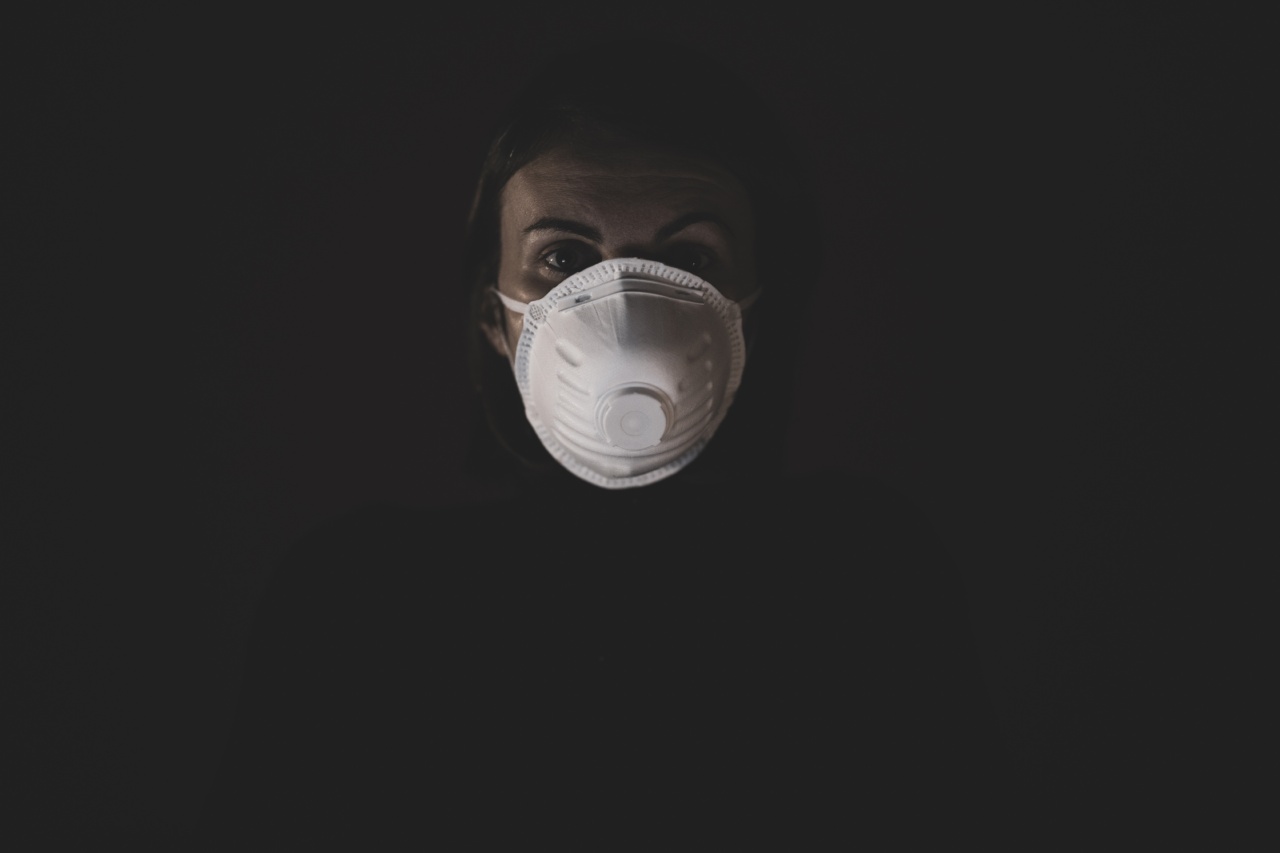Septicemia, also known as sepsis, is a potentially life-threatening medical condition that occurs when a bacterial infection spreads from one part of the body to the bloodstream.
The condition is characterized by inflammation throughout the body, which can result in organ failure, septic shock, and even death.
Causes of Septicemia
Septicemia can be caused by a wide range of bacteria, including Staphylococcus, Streptococcus, and Escherichia coli (E. coli).
The infection can occur anywhere in the body, but is most commonly caused by infections of the lungs, urinary tract, skin, or abdominal organs.
Symptoms
The symptoms of septicemia can vary depending on the severity of the infection, but common symptoms include:.
- Fever and chills
- Rapid breathing and heart rate
- Nausea and vomiting
- Confusion and disorientation
- Decreased urination
- Low blood pressure
- Difficulty breathing
- Organ failure
Treatment
Immediate treatment is crucial in cases of septicemia. Treatment typically involves antibiotics to eliminate the bacteria causing the infection.
In severe cases, hospitalization may be necessary to monitor vital signs and administer intravenous (IV) fluids to maintain blood pressure. In some cases, surgery may be required to remove the source of the infection.
Prevention
Preventing septicemia involves taking preventative measures to avoid infections. The following strategies may help reduce the risk of developing septicemia:.
- Practice good hygiene, including washing hands regularly
- Seek medical attention promptly for any infections
- Ensure vaccinations are up to date
- Avoid close contact with individuals who are ill
- Manage chronic medical conditions, such as diabetes and heart disease
- Avoid sharing personal items, such as towels or razors
Conclusion
Septicemia can be a serious and life-threatening condition, but there are ways to prevent it. Practicing good hygiene and seeking prompt medical attention for infections are key strategies for reducing the risk of septicemia.
If you experience any symptoms of septicemia, it is important to seek immediate medical attention to ensure prompt treatment and reduce the risk of complications.





























